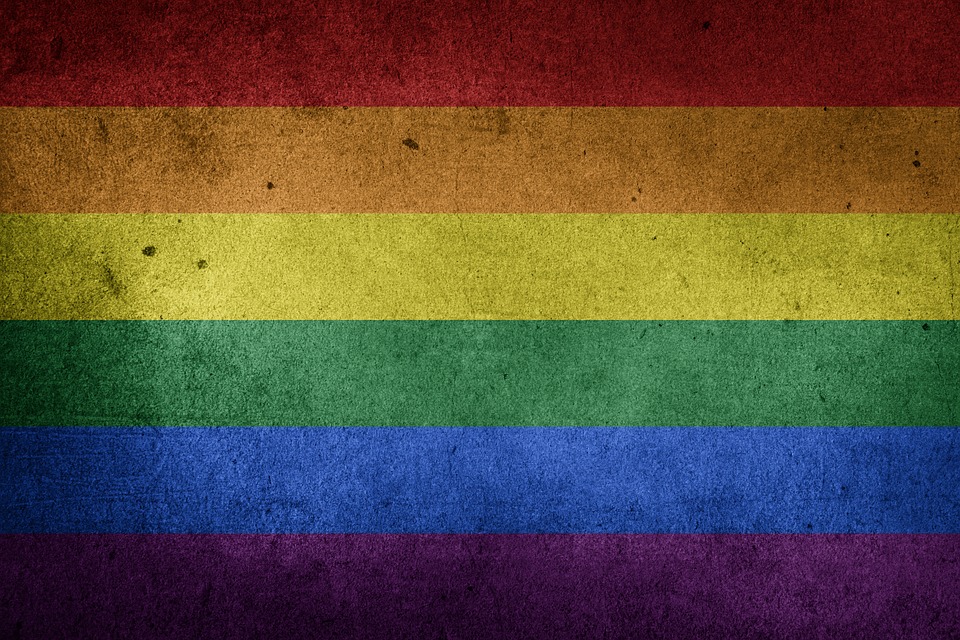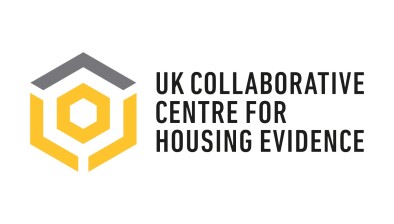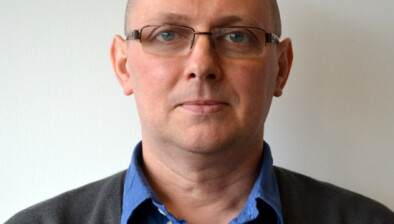Lisa Vine: Home should be somewhere we can live authentically, openly and honestly
As part of the UK Collaborative Centre for Housing Evidence (CaCHE) equality, diversity and inclusion series, guest author Lisa Vine reflects on the increase in LGBT+ specific housing in the UK, highlighting the need for housing providers to create homes and communities that are not only safe spaces but also somewhere that LGBT+ people can find happiness and thrive.

As an advocate, consultant and trainer working with the LGBT+ community directly through 1-1 advice and support sessions, one of the themes which consistently arises is home.
But what is home? Is it a structure to keep you dry and warm? Is it a place to eat, sleep and rest? Is it a safe place where you can be your true authentic self, free from prejudice, discrimination, and harm? Is it also a place where you feel you belong in or to a community, whether this be neighbours, family or friends?
Ideally, home is all these things. However, for many LGBT+ people, this is simply not the case. I cannot tell you how many times an LGBT+ person I am working with says ‘I’m just waiting until I move out and then I can be my true self’. And there are many young people who have done just that and are now thriving and living their truth.
However, for many LGBT+ people who are moving home, whether it be moving into shared accommodation or a home of their own, there are still many barriers and challenges to overcome, or which cannot be overcome and which cause a huge amount of anxiety and stress.
I’m told time and time again that people have to change what they say, how they express themselves and how they behave, in order feel safe at home. Perhaps not disclosing who they are to their neighbours, only socially transitioning in the evenings and at night-time in their own room or not bringing a partner back after a date or for a date, in case their local community see them. And these are just a few examples. But why do this, I hear you ask, why can’t people just be themselves?
Every person I have worked with has either experienced discrimination in their home or in their community or knows someone who has. So it weighs on your mind, the ‘what ifs’ creep in. What if my neighbours put things through my letter box and shout abuse through my door? What if my house mates no longer want to socialise with me if I show them who I really am? What if I experience abuse and harassment and my housing provider doesn’t believe me? What if, what if, what if.
With these few examples in mind, it doesn’t surprise me that more and more we are seeing housing developed for and offered specifically to LGBT+ people. As only one example, the UK’s first LGBT+ retirement community was announced last year.
An increase in housing specifically for LGBT+ people is something that I have welcomed with open arms, whilst simultaneously feeling conflicted. For decades LGBT+ people and our allies have campaigned and pushed not only for equal rights but for acceptance. Acceptance from our loved ones, our colleagues, the professionals in our lives and from those we have yet to meet. So for me, creating housing and communities specifically for LGBT+ people is suggestive of segregation, something that doesn’t sit right with me and something I have always actively fought against.
However, with the Home Office reporting an increase in homophobic and transphobic hate crimes, and HouseProud’s ‘There’s No Place Like Home’ report finding that over 30% of LGBT+ tenants did not agree housing provider staff were responsive to their concerns or sensitive to their needs and that housing providers did not deal effectively with harassment, it seems clear to me why LGBT+ housing and communities have been and are continuing to be introduced across the UK.
I know that many LGBT+ people would welcome the opportunity to live alongside others with similar lived experience and who wholeheartedly respect and accept each other. This is the first step in creating a home or community that is a safe place where people can be their true authentic selves, free from prejudice, discrimination, and harm and where they feel they belong in or to a community.
And whilst we know that this simply isn’t possible for every LGBT+ person, it is just one of the reasons why housing providers should be striving for LGBT+ inclusion and creating homes and communities that are not only safe spaces, but spaces that LGBT+ people can find happiness and thrive. After all, being house proud shouldn’t just be about tidiness and cleanliness, it should be about living authentically, openly and honestly and being proud of who you are.
- Lisa Vine is an LGBT+ advocate, consultant and trainer with experience working on the front line with LGBT+ children and young people
This blog was originally published on the CaCHE website.








